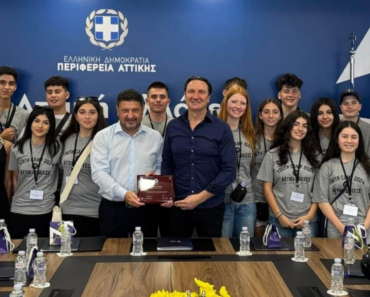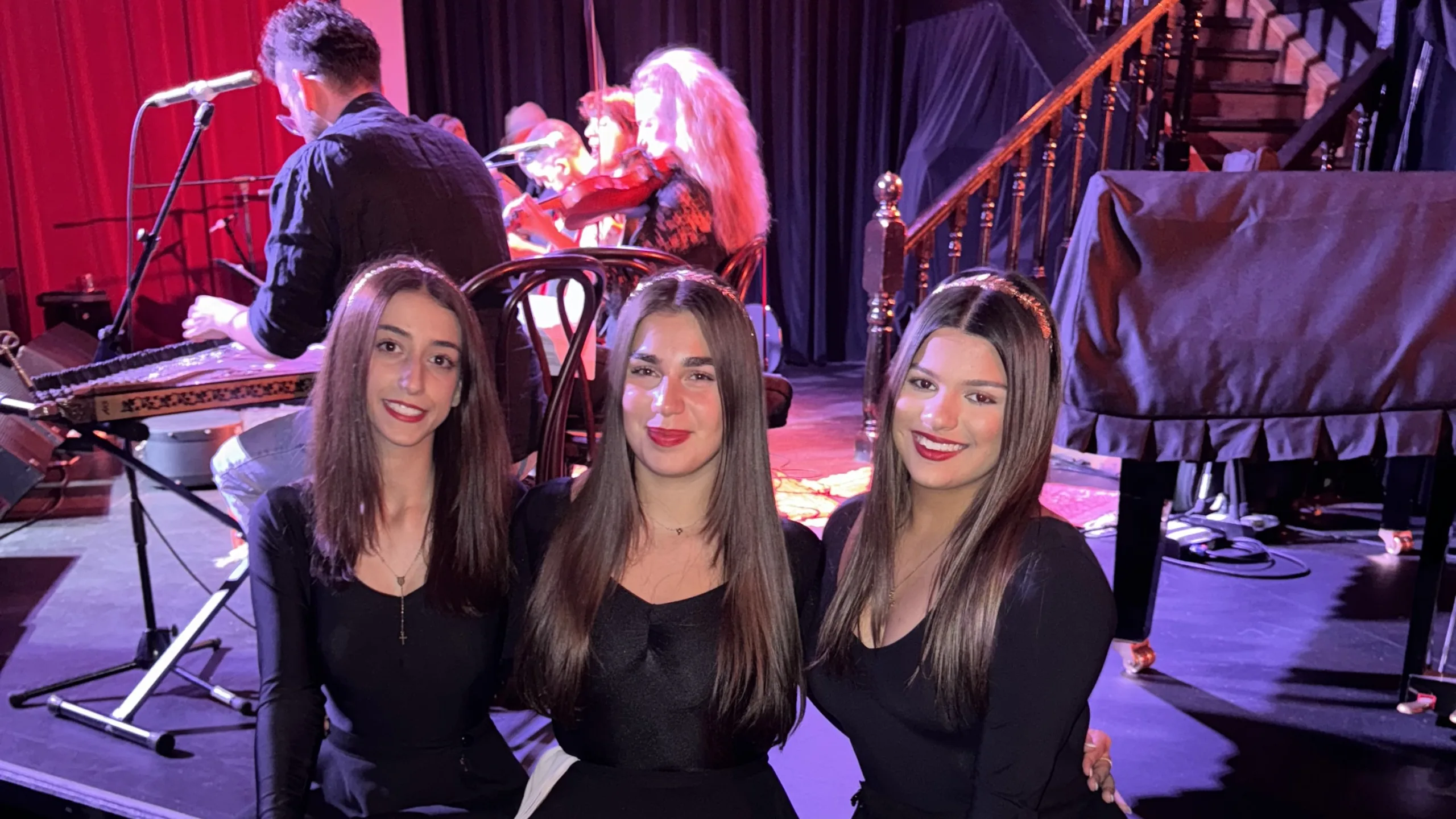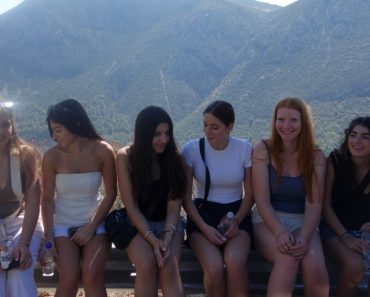The Greek-Brazilian entrepreneur Georgios Frangulis introduces us to the beneficial properties of açaí.
How does a Greek, originally from Thessaloniki who grew up in Brazil, come to lead a new, ever-growing industry that places wellness and healthy eating at the centre of our lives?
Georgios Frangulis is a typical example of a man with great perseverance to achieve his vision. What is this? To show the public that fast food does not necessarily mean that it is unhealthy.
The opening of the OakBerry stores in Mykonos and Athens comes at a pivotal moment, as açaí – the fruit of a type of palm tree that grows in the Amazon region – is globally recognised for its beneficial properties.
Its demand has grown rapidly, which also raises questions about the sustainability of the fruit’s management practices and the ecological footprint they leave on the Amazon.
Mr Frangulis talks about his business move and about his effort to keep his business a green footprint, respecting Mother Earth.
What does wellness mean to you, and how important is healthy eating in your life?

I think prosperity is what everyone is looking for nowadays, both personally and on a personal level. It is simply how you can enjoy your life and every aspect of it, from family, personal time, exercise, what you eat and, of course, your work.
I think that’s what prosperity is at the end of the day.
How did you transition from racing driver to entrepreneur in the catering industry, and how did you choose this field?
I had already set up the company when I started racing as a professional driver. Although both are two different ways of life, they have some similarities in the end. For example, a healthy lifestyle.
Not that I’m the healthiest person in the world; for example, I like to smoke sometimes, but at the end of the day, I try to do my best.
In addition, both the way I will drive the racing car and be at the “helm” of the company requires a lot of attention and commitment as, in both cases, a group of people are supported by your decisions.
The responsibility is very great in the first case because a small mistake can endanger someone’s life, while in the second, it can leave, for example, thousands of families without work and food.
Why did you choose açaí as the main raw material? What was your first contact with this fruit that defined you and was enough to base an entire business idea on it?

I grew up in Brazil, although I am Greek. So, growing up in Sao Paulo, I ate açaí all the time as the fruit is very common.
However, people didn’t understand its nutritional value back then, so they ground it with apple juice and various flavourings, not understanding its antioxidant benefits.
I was 24 out of 25 when I saw the opportunity to develop my love for healthy eating and this particular fruit into something.
So I went to America, where all of a sudden, a new guy—me—was trying to get people to rent him a really nice piece of real estate in Los Angeles so I could start building my idea. I returned to Brazil since I thought that I knew its people and, therefore, I had to begin there.
Today, there are over 400 locations with our brand in the country, and there are just over 400 locations in 45 countries abroad, from Australia, South Korea, and Saudi Arabia.
What is the most difficult market, in your opinion?
The U.S., no doubt. It was the most difficult market because it was also the most competitive. So, to succeed there, one needs a lot of strategy, experience, and money.
The Greeks, of course, are not very familiar with açaí. In fact, most of them pronounce it wrong. How did you decide to include Greece in your business?

I will tell the truth. I am Greek, so there was no way I could do business in 45 countries without including Greece. Even if I lost money here – which, of course, doesn’t happen – I wouldn’t skip it.
I consider myself 100% Greek. That’s how I grew up. So, I want to give back to the country that gave me a big part of my personality.
So, how does the Greek market respond to your idea?
Very well. The Greek population is recovering after the crisis. People are travelling more, and especially the new generations understand the importance of a healthy lifestyle. I think now the Greeks who come to the store completely understand what it is.
Somehow, Greece has proven to be a very good place to do business. In fact, we are thinking of expanding our brand by opening other stores in Glyfada, Thessaloniki, and Crete.
Besides açaí, what is your favourite Greek flavour?
I grew up with a Greek grandmother who, although in Brazil, cooked traditional recipes of our country every day. There was a lot of feta (laughs) and, of course, my favourite food, which I also ate when I came here, the paidakia. I am very proud of my Greek heritage.
How does OakBerry ensure that the harvesting of açaí does not harm the environment when your motto is that without sustainability, there is no açaí?

As a fruit, açaí only exists if the Amazon forest is preserved. For one simple reason: it is indigenous, and all comes from the Amazon region. Nobody planted it there.
The entire population of the Amazon subsisted on açaí for its own sustenance. However, before 2000, they did not know the value of the fruit. They were cutting down its trees to sell the palm heart inside the plant, which, of course, was damaging the forest.
When they realised that the fruit had more value than the tree itself, they began to take care of the environment and ensure that it was just as God made it. They collect it once a year, have it in their yard and live off of it.
Açaí is the only crop that is beneficial to the Amazon forest. So we just harvest it, we don’t plant it, we don’t cut it, we don’t burn it. We want to make sure we’re collecting it from the right places.
Second, we want to work with local cooperatives and certify them to ensure they use the right equipment to harvest the fruit, that their children are not working and are going to school, and that they have good food and proper nutrition.
Either we take care of the forest and its people, or we don’t have açaí. This is why the fruit itself is sustainable at its core. We will no longer have the fruit if we cut down the tree.
What does the future hold for you and OakBerry?

OakBerry is my life’s work, something I’ve made from scratch. However, we have a long way to go. Our goal is for OakBerry to become the McDonald’s for healthy food. In the end, I believe that health can also be fast.
* OAKBERRY, Mitropoleos 66-68, Monastiraki, Athens and Platys Gialos, Mykonos.
Peggy Babatha is a columnist for New Money. Translated by Paul Antonopoulos.
READ MORE: Mavri Thalassa: The Thessalonians who made eating fish go viral on social media.






